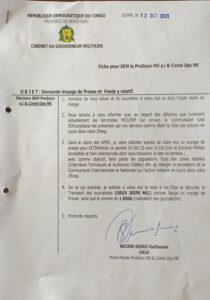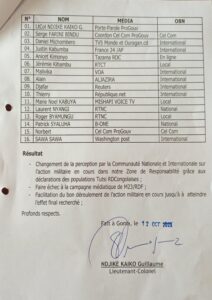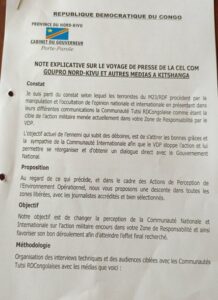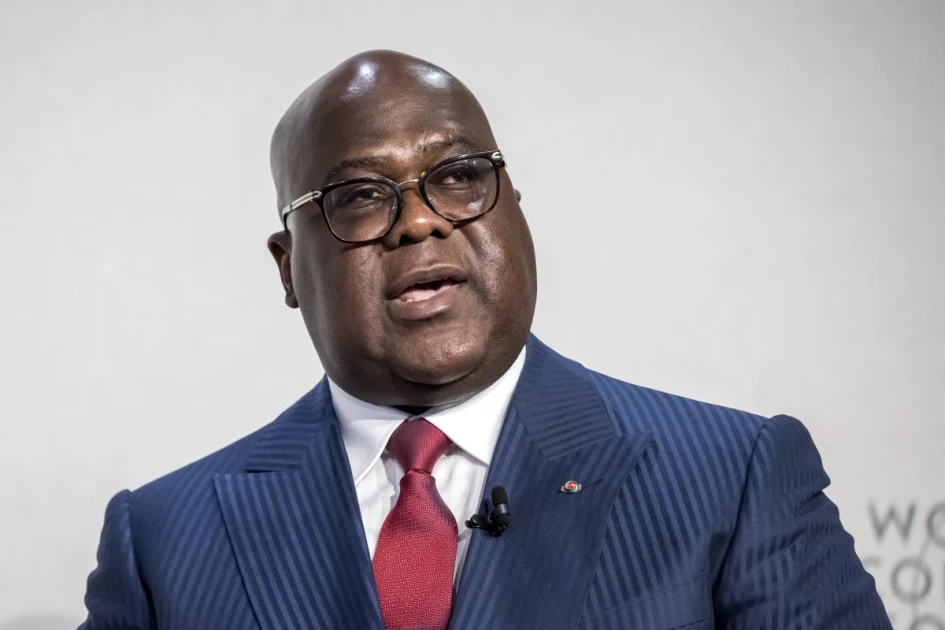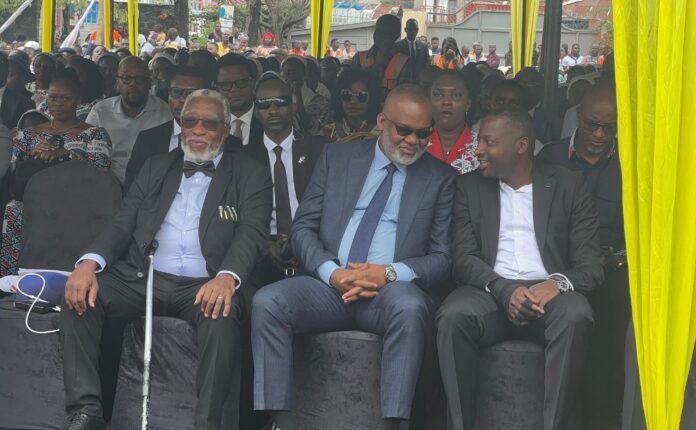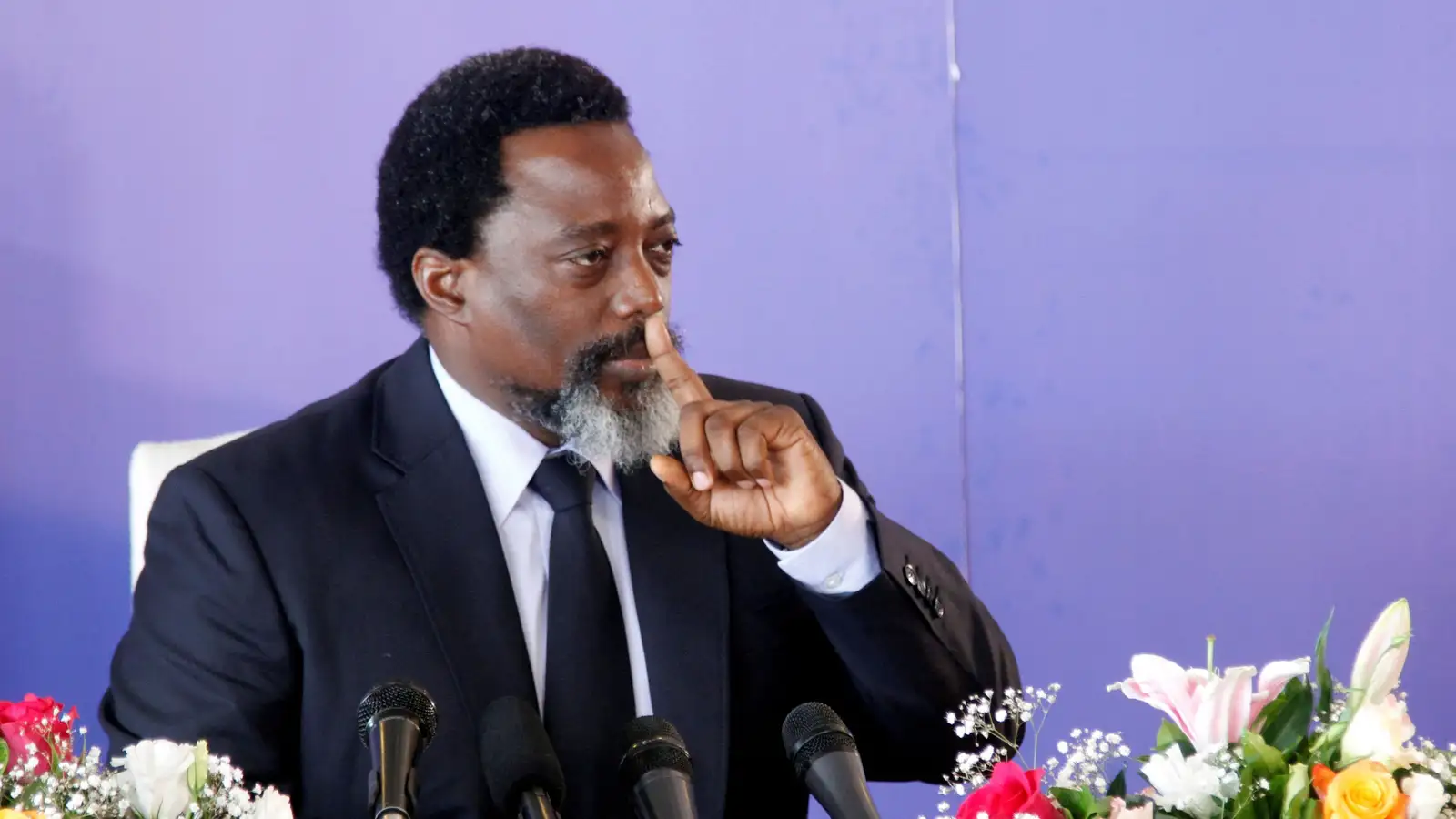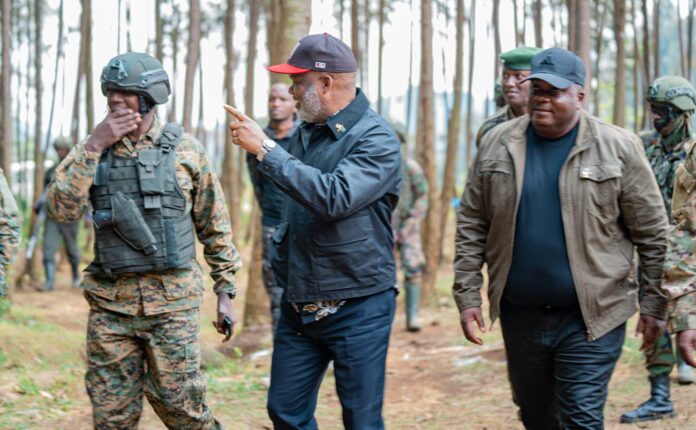The Democratic Republic of Congo (DRC) has long been plagued by systemic corruption, political manipulation, and human rights violations. Despite the country’s vast natural resources and potential for development, its leaders continue to foster an environment where deception, misinformation, and media suppression take precedence over transparency and accountability.
Note: Company, Blog, Church websites are free.
In recent years, international media outlets such as Al Jazeera, Reuters, France 24, and TV5MONDE have faced increasing hostility from Congolese authorities. Journalists reporting on corruption, electoral fraud, armed conflicts, and human rights abuses are often labeled as mercenaries, accused of working against national interests, or even threatened with violence. This crackdown on independent journalism raises serious concerns about press freedom and the role of the international community in holding the DRC government accountable.
The DRC government has mastered the art of propaganda, using state-controlled media to spread misleading narratives that paint a rosy picture of the regime’s policies while silencing dissent. Officials manipulate public perception by discrediting independent journalists who expose corruption scandals or document atrocities committed by armed groups, including those allegedly linked to the state.
This manipulation extends beyond national borders. The government’s ability to influence international opinion relies heavily on shaping narratives that align with its interests, often by intimidating or obstructing independent journalists and foreign correspondents. By doing so, the regime ensures that its version of events dominates global discourse, making it difficult for the truth to emerge.
Labeling journalists as mercenaries is a dangerous precedent that not only undermines press freedom but also puts the lives of reporters at risk. In the DRC, where political assassinations and arbitrary detentions are common, such accusations can serve as justifications for targeting journalists. The government’s approach mirrors tactics used by authoritarian regimes worldwide branding independent media as foreign agents to delegitimize critical reporting.
This hostile stance forces many journalists into self-censorship or exile. Those who persist in their investigative work face legal threats, arbitrary arrests, or even worse forced disappearances and extrajudicial killings. The recent increase in attacks on journalists highlights the urgent need for international intervention to safeguard press freedom in the country.
The international community must take a firm stand against the suppression of press freedom in the DRC. Media organizations and human rights groups must continue to expose these injustices, while diplomatic pressure should be applied to ensure the protection of journalists operating in conflict zones. Western nations, particularly those with economic and political ties to the DRC, must condition their support on the government’s commitment to upholding freedom of the press.
Additionally, technology companies and social media platforms must play a role in preventing state-sponsored disinformation from shaping public opinion. By amplifying independent voices and countering propaganda, these platforms can help restore credibility to journalism in the DRC.
The DRC’s current trajectory presents a grim picture for press freedom and democracy. When leaders believe corruption and manipulation can mask the truth, and when journalists are treated as enemies of the state rather than watchdogs of democracy, the international community cannot afford to remain silent. The world must recognize that believing the DRC’s official narrative without scrutiny is a form of complicity—one that allows oppression and human rights abuses to thrive. Only through fearless journalism and global accountability can the truth prevail in the Democratic Republic of Congo.
